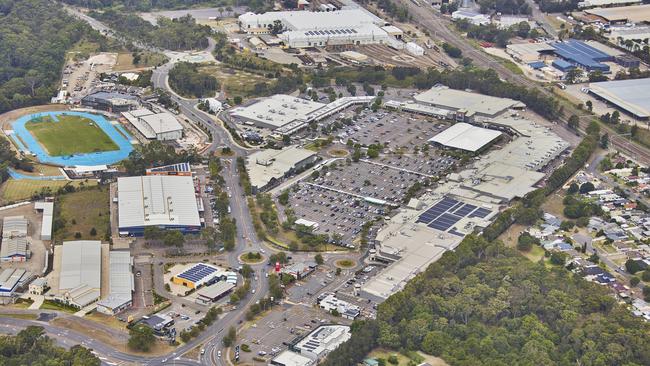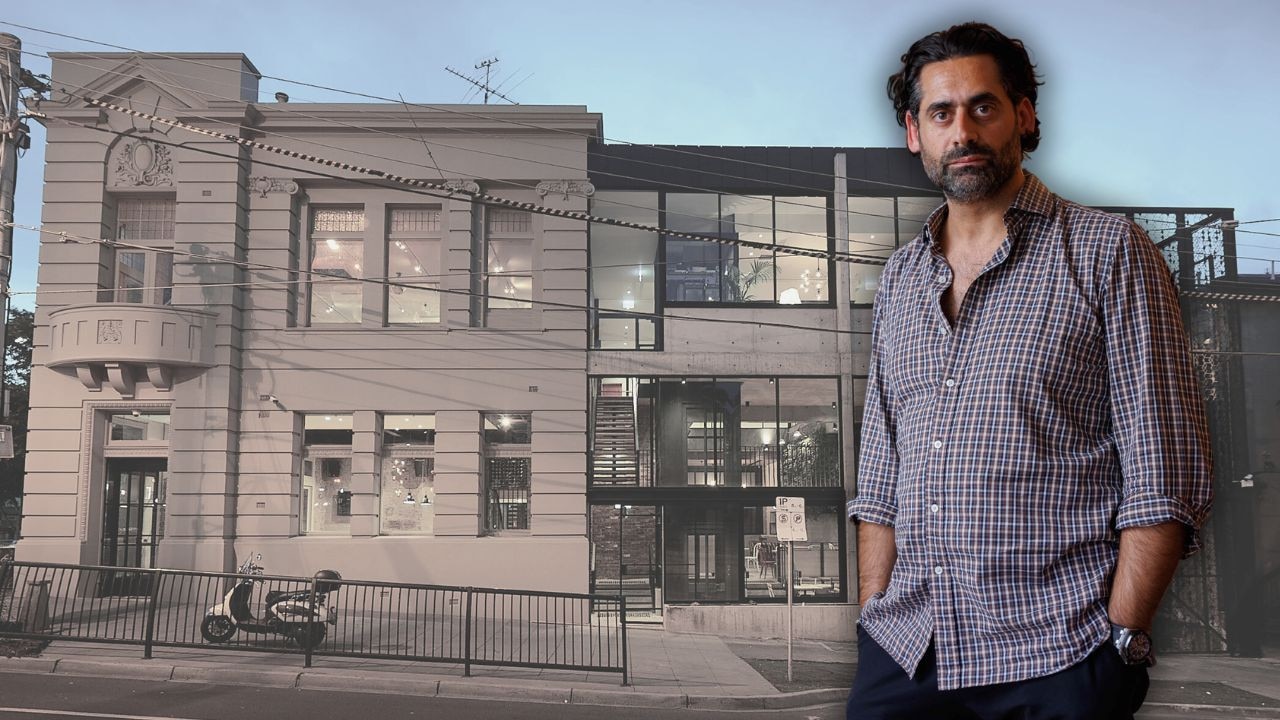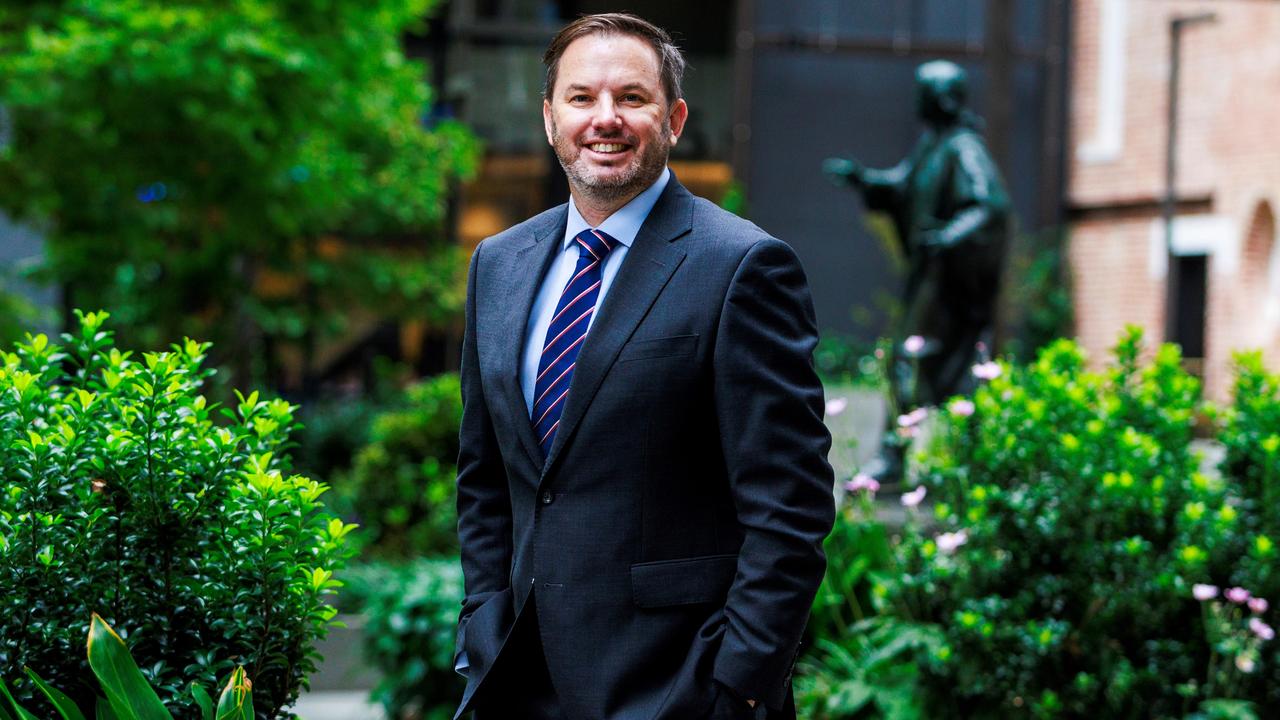Shopping centres back in vogue as private equity buyers light the way
Listed giant Stockland has sold its Glendale centre in Lake Macquarie, NSW, to private equity real estate investor IP Generation for about $300m.

Big shopping centres are back in demand from investors, with listed giant Stockland cashing in by selling its Glendale centre in Lake Macquarie, NSW, to private equity real estate investor IP Generation for about $315m.
Shopping centres have emerged as the surprise packet of commercial real estate this year with big malls selling and more trades in the works as a group of opportunistic funds managers are joined by big institutions getting back into the market.
While office buildings are languishing, the shopping centre interest is being driven by investors chasing high returns after the big reset in the retail property industry in the wake of the coronavirus crisis which crunched values and rental levels.
The crisis up-ended the industry with landlords picking up the tab as they gave support to tenants. But they also quietly used the chance to remix centres and boost tenant quality, drawing customers back.
Interest rate rises have stalled deal-making across much of commercial real estate but have not deterred retail buyers as they chase centres in areas with strong regional economies, and avoid markets where mortgage stress has seen spending plateau.
Stockland’s sale of the centre also shows demand for larger assets is spreading to a wider pool of buyers, with groups including property funds managers Haben, HMC Capital and Charter Hall also chasing the complex.
Wealthy investors are backing managers that are chasing bargains in retail property, although some players believe these are starting to dry up as the big players move in.
Earlier this month, the owner of the local Westfield empire, Scentre Group, dramatically entered retail funds management with the aid of investment bank Barrenjoey, as they launched an unlisted trust that will own a half interest in Adelaide’s second largest mall.
They launched a fund that will take a 50 per cent stake in Westfield Tea Tree Plaza, and will pay about $298m for the interest in the property.

Real estate experts said the shopping centre market was now back to a more normalised level where there were more buyers than centres up for sale – a turnaround from the period in which they were hard to shift.
A Stockland spokesman confirmed the company had agreed to sell Stockland Glendale and was committed to managing the centre on an interim basis.
Stockland has been trimming its retail property portfolio and has already sold centres in Nowra, in regional NSW, and Balgowlah, on Sydney’s northern beaches, capitalising on renewed interest in the sector.
Stockland Glendale was one of the first of the true super centre outdoor concepts combining retail, leisure and entertainment on a 20 hectare site, giving the buyer the chance to develop, although it is more focused on lifting income.
It houses Coles, Woolworths, Kmart, Target, and Event Cinemas, with 11 mini-majors including TK Maxx, Rebel Sport, Cotton On Mega and Dan Murphy’s, as well as about 75 specialty stores.
Stockland bought the property in 1996 and it was refurbished twice. It was valued at $320m last June and will trade on a yield in the mid-7 per cent range.
In keeping with its private equity style, investors in IP Generation’s Glendale trust will receive a distribution yield of 9 per cent per annum and it has forecast an internal rate of return of 17 per cent.
The firm has built up a following of wealthy investors who back its opportunistic acquisitions, that are followed by intensive management, and then profitable exits.
Colliers managing director of retail capital markets Lachlan MacGillivray brokered the Stockland deal. He declined to comment on the specifics but has predicted that big players would come back into the mall sector.
“Enhanced appetite from institutional investors and super funds will see greater liquidity flow back into the retail sector in 2024, galvanised by the stabilisation of interest rates in addition to gradual and sustainable retail rental growth, enabled by the adjustment of rents during the Covid-19 period,” Mr MacGillivray said.
The March quarter saw a notable 1.2 per cent lift in average retail gross face rents across all shopping centres nationally, propelled by an average total occupancy level of 98.8 per cent.
The results from sector giants Scentre and Vicinity Centres confirmed that super, major and regional centres were standout performers, as consumer spending lifted, and they have had rental growth of 4.5 per cent since June 2021.
Colliers said that retail assets outperformed the national transaction volumes of other commercial property sectors in the first quarter of the year by at least $189m as fund and syndicate investors kept buying, driving 36 per cent of the total $916m traded for retail.
The firm said while fund investors had buoyed the retail sector, it expects demand from diverse capital sources in the second half of this year will outweigh supply of retail assets.




To join the conversation, please log in. Don't have an account? Register
Join the conversation, you are commenting as Logout